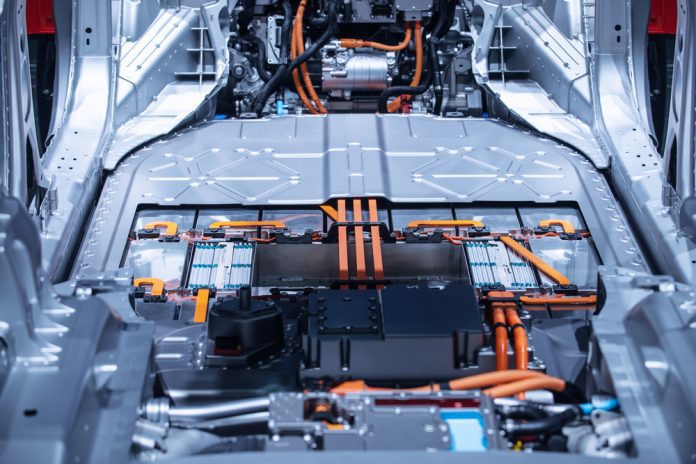With the Treasury Department’s electric vehicle tax credit revisions set to apply on April 18, new research suggests their effect on automaker sales will be limited.
The new guidelines tighten domestic sourcing requirements for EV batteries, effectively splitting the $7,500 credit into halves: 50% based on whether the battery is primarily made from U.S.-supplied minerals and 50% based on whether assembly takes in North America. In practice, this means that models meeting both standards earn the full $7,500; Vehicles meeting only one earn $3,750; and Cars that fail to meet either of these guidelines earn $0. Since the rules were published earlier this month, automakers have warned that the majority of their lineups will no longer qualify for full tax credits.
However, on April 15, NPR published a list tracking anticipated changes in tax credit status based on feedback from major EV brands in the U.S. Despite the industry’s pessimism, most of the market’s popular models, including the Cadillac Lyriq, Chevy Silverado EV, Tesla Model Y and Ford F-150 Lightning will still qualify for the full $7,500 tax credit. Meanwhile, other vehicles, such as the Tesla Model 3 RWD, Mustang Mach-E, Ford E-Transit and Jeep Wrangler 4xe, will still qualify for 50%, or $3,750.
The only vehicle in NPR’s list to be completely disqualified under the new tax credit guidelines was the Volvo S60, in both its Extended Range and T8 Recharge editions. Although the organization notes that it is missing information on certain models, like the Nissan Leaf, Rivian R1S and BMW 330e, its research not only suggests that the effects of the tax credit revisions will be moderate but are also completely expected.
It is true that the Treasury’s revisions will affect sales, as consumers will refocus their attention on vehicles that qualify for the full tax credit. However, while misgivings over the Biden Administration’s Inflation Reduction Act still remain, the tightening of legislation is unlikely to make a serious impact on the business dealings of most automakers and dealers, especially when both groups have had several years to strategize for an electric transition.



